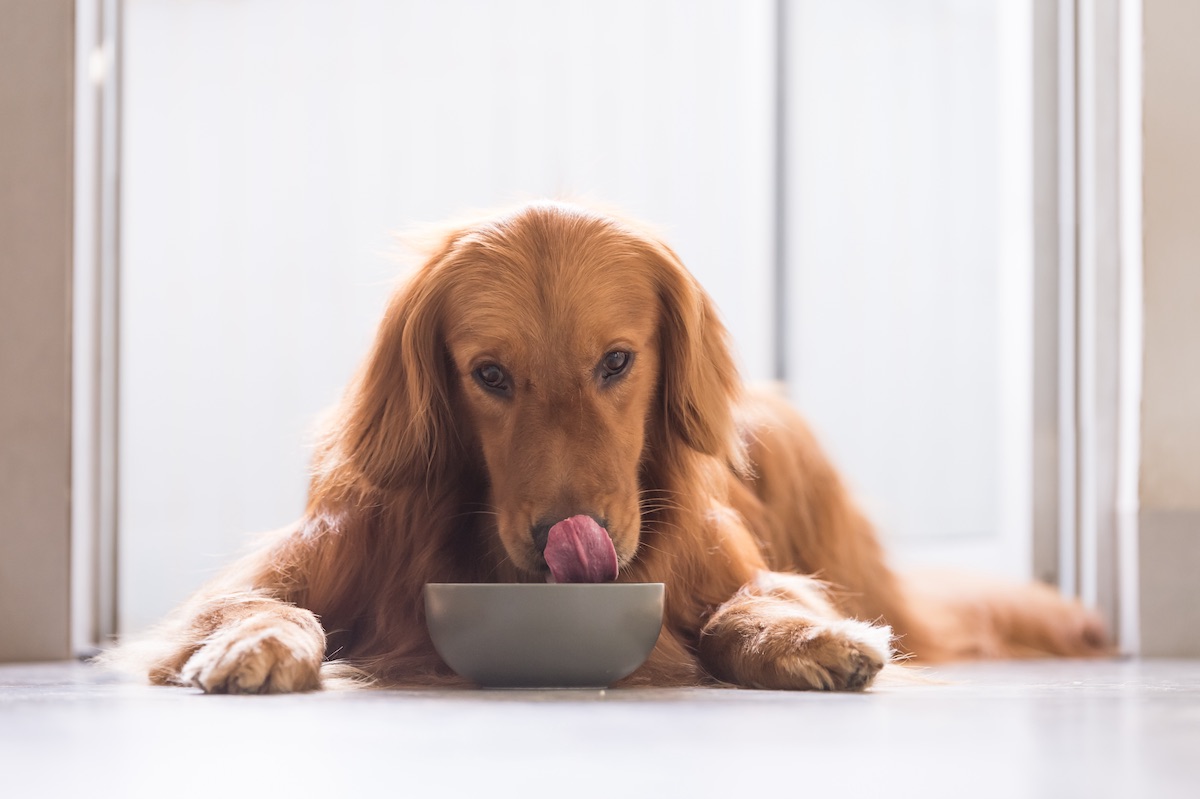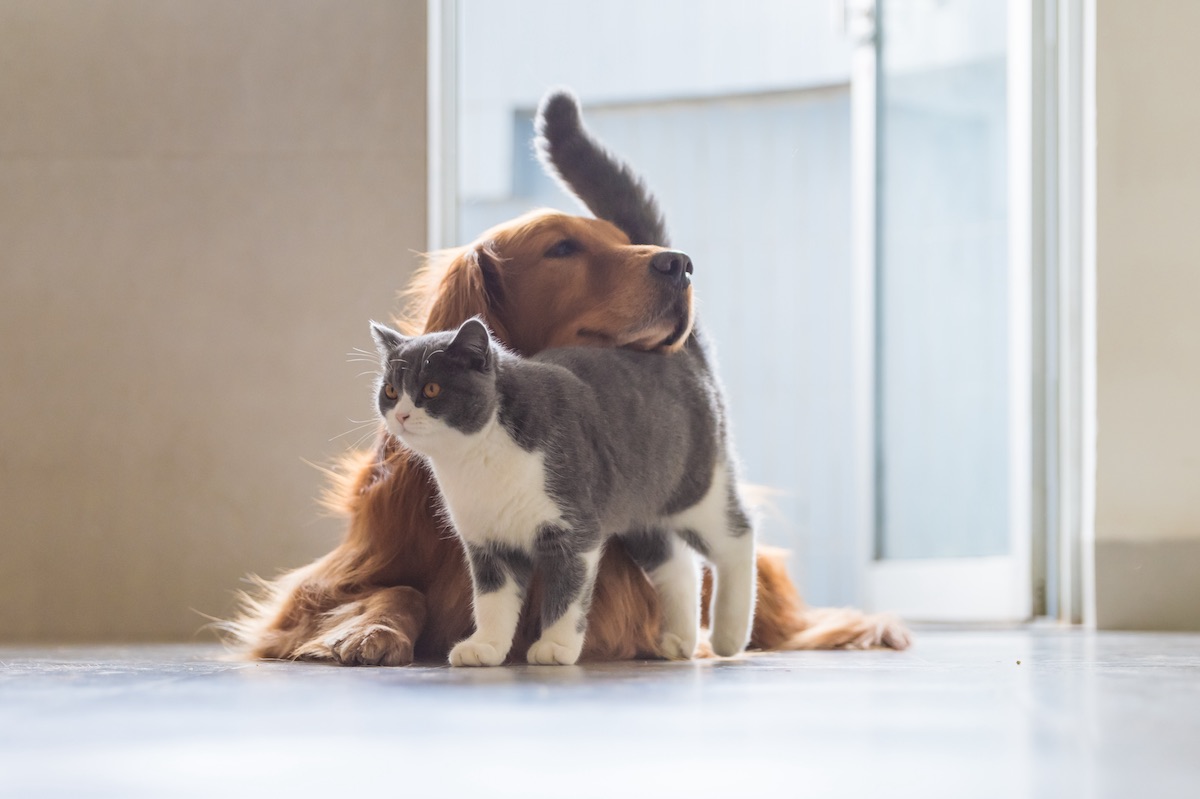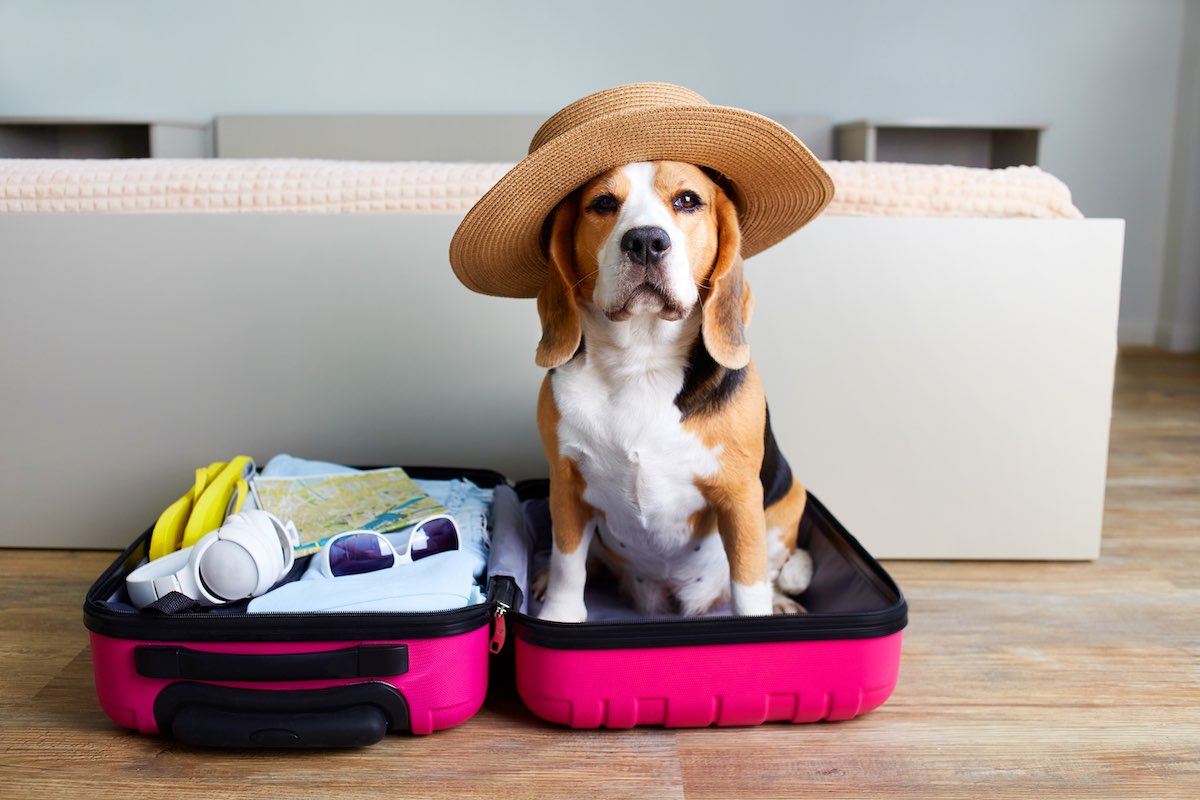Keep Your Pets Safe and Content This Easter: A Sydney Pet Owner’s Guide
Easter celebrations bring joy to Sydney households, but they can present un...
March 17, 2025
A friendly notice that we will have a price increase from the 1st July 2021. Please be sure to get in touch with our team if you have any questions.
November 1, 2024
Welcoming a new puppy, kitten, or rescue pet into your home is an incredibly thrilling experience! These furry companions bring immense joy to our lives, and proper care is essential for their well-being. As a pet owner, you have numerous responsibilities, making it vital to understand and meet your pet’s needs for their health and happiness. As a long-standing dog boarding facility and cattery, we’ve got decades of combined experience in pet care, and this comprehensive pet care checklist is designed to help new pet owners navigate the essential steps of caring for their new companions. From nutrition and veterinary care to exercise and socialisation, we cover everything you need to ensure your pet enjoys a happy, healthy life.
Welcoming a new pet into your home is a joyous occasion, but it also marks the beginning of a significant commitment to their well-being. Here’s how you can effectively understand and meet your pet’s needs:
Basic Needs: To maintain your pet’s health, ensure they receive a balanced diet, have constant access to fresh water, live in a safe environment, and get regular veterinary care, including check-ups and vaccinations.
Behavioural Needs: Exercise is crucial for your pet’s physical and mental health. Regular play and training sessions help manage their behaviour and strengthen their bond.
Social Needs: Interaction with humans and, in some cases, other animals is vital. Early socialisation and ongoing positive experiences in various situations help your pet become well-adjusted and confident.
Understanding and addressing these needs is key to building a fulfilling and lasting relationship with your pet. Every effort you make to learn about and care for your pet strengthens the bond you share, ensuring a life filled with joy and companionship.

Before your new companion sets paws or claws into your home, it’s essential to ensure their safety and comfort. This preparation not only eases their transition into a new environment but also helps prevent accidents and injuries.
Pet-Proofing: Examine your home from your pet’s perspective to identify potential hazards. Secure electrical cords, keep trash inaccessible, remove toxic plants, and store cleaning supplies and medications out of reach. Creating a pet-safe space allows your pet to explore their new home safely.
Essential Supplies: Equip your home with the basics to make your pet’s arrival as smooth as possible. This includes a comfortable bed, food and water dishes, a collar and ID tag, a leash for dogs, litter and a litter box for cats, and appropriate habitats for small animals, birds, or reptiles. Additionally, stock up on toys for entertainment, grooming tools for regular upkeep, and a first-aid kit for emergencies.

Proper nutrition is the cornerstone of your pet’s health. A balanced diet tailored to their species, age, size, and health status can significantly enhance their well-being and longevity.
Choosing the Right Food: Consult your vet or conduct thorough research to select a diet that meets your pet’s nutritional needs. High-quality commercial pet foods are designed to provide balanced nutrition, but it’s essential to understand the ingredients and nutritional content. Customised diets may be necessary for pets with special dietary needs or health issues.
Feeding Schedule: Consistency is key. A regular feeding schedule helps regulate your pet’s digestive system and prevents overeating. The number of meals per day will depend on your pet’s age and health. Fresh, clean water should be available at all times, regardless of your pet’s diet.
Regular veterinary care is vital for early detection and prevention of health issues. Establishing a relationship with a trusted veterinarian ensures your pet receives the best care throughout their life.
Initial Veterinary Visit: Schedule a check-up for your new pet shortly after their arrival. This visit should include necessary vaccinations, parasite control, microchipping, and a general health assessment. It’s also an opportunity to discuss spaying or neutering and any breed-specific health concerns.
Preventative Care: Regular deworming, flea and tick control, and dental care are essential for preventing common health problems. Your vet can recommend a schedule for these treatments based on your pet’s specific needs.
Pet Insurance: Consider obtaining pet insurance to help cover the costs of unexpected medical treatments. Research and compare different plans to find one that fits your budget and your pet’s needs.

Physical activity is essential for your pet’s health, aiding in weight management, reducing behavioural issues, and strengthening your bond. Mental stimulation through play is also vital for their overall well-being.
Physical Activity: Tailor exercise routines to your pet’s specific needs, considering their species, age, and health. For instance, dogs benefit from daily walks and playtime, while cats enjoy interactive toys that mimic hunting behaviours. Small pets like rabbits and hamsters require safe, enclosed spaces to explore and exercise regularly.
Mental Stimulation: Keep your pet’s mind engaged with puzzle toys, new tricks, and games. This not only prevents boredom but also encourages problem-solving skills. Regular mental engagement significantly impacts their happiness and behaviour.
Proper training is essential for a harmonious relationship with your pet. It helps manage their behaviour, ensures their safety, and facilitates social interactions.
Basic Training: Start with basic commands like sit, stay, come, and leash training. Consistency and positive reinforcement are crucial. Begin house training for puppies and kittens immediately. Patience and persistence are key throughout the training process.
Behavioural Issues: Address unwanted behaviours early. Problems like biting, aggression, excessive barking, or destruction can often be managed with appropriate training and, sometimes, professional help. Understanding the underlying causes, such as anxiety, boredom, or lack of exercise, is vital for effectively addressing these behaviours.
Socialisation involves gradually exposing your pet to various experiences, environments, people, and other animals in a positive way. It is essential for developing a well-adjusted and confident pet.
Importance of Socialising: Proper socialisation can prevent fearfulness and aggression, making vet visits, grooming sessions, and interactions more manageable. Start socialising early, especially during the critical periods of puppyhood and kittenhood, but remember it is beneficial at any age.
Socialisation Tips: Gradually introduce your pet to different settings, sounds, and people. Keep experiences positive with treats and praise. Consider attending socialisation classes or arranging safe playdates. Always supervise interactions to ensure they are positive for everyone involved.
Regular grooming is essential for your pet’s health, not just their appearance. Each aspect of grooming, from brushing their fur to trimming their nails, plays a vital role.
Regular Grooming: Your pet’s grooming needs depend on their breed, coat type, and lifestyle. Brushing removes loose fur, distributes natural oils, and prevents matting. Regular baths, as needed, keep their skin healthy and coat shiny, but over-bathing can strip essential oils and cause skin irritation.
Hygiene Practices: Focus on nail trimming, ear cleaning, and dental care. Long nails can cause pain and posture problems. Clean ears help prevent infections, and dental care is crucial to avoid gum disease. Start these practices early to help your pet become accustomed to them.

Whether for a vacation, a move, or a vet visit, travelling with your pet requires preparation to ensure their safety and comfort.
Preparation and Safety: Use a suitable carrier or harness for secure travel and familiarise your pet with it beforehand. For longer trips, pack a pet travel kit with essentials such as food, water, bowls, a leash, waste bags, medication, and familiar toys to reduce stress.
Legal Requirements: Research travel requirements for different states or countries, including health certificates, vaccinations, microchipping, and quarantine regulations.
Despite our best efforts, emergencies can happen. Being prepared can significantly impact the outcome.
First Aid Basics: Assemble a pet first aid kit and familiarise yourself with basic pet first aid procedures. Knowing how to address common injuries or illnesses can be crucial while waiting for veterinary assistance.
Emergency Plan: Identify the nearest emergency veterinary clinic and establish a plan for urgent medical situations. Keep a list of emergency contacts, including your vet, poison control, and a 24-hour emergency pet hospital.
Accepting the job of pet owner entails both responsibility and joy. Following this ultimate pet care checklist will help ensure that your new friend lives a happy and healthy life. Remember that each pet is unique, and their care will evolve. Continue to observe, learn, and adapt as required. Above all, treasure every moment you spend with your pet—they are more than simply animals; they are family members who bring us unconditional love and numerous smiles. And don’t forget, when you need dog boarding or cattery facilities for your new pet, Sydney Petlands is here for you.
Easter celebrations bring joy to Sydney households, but they can present un...
March 17, 2025
Love is in the air, and who deserves our affection more than our loyal anim...
February 12, 2025
With Australia Day just around the corner, it’s time to fire up the barbi...
January 21, 2025